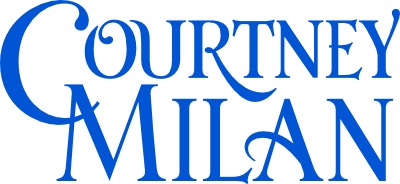Last week, Scott Gant, an author (also a lawyer), filed an objection to the Google Books Settlement. His objection is very interesting; you should read it yourself if you are into this kind of thing. Gant wrote a book called We’re All Journalists Now: The Transformation of the Press and Reshaping of the Law in the Internet Age. As you may be able to guess from the title, Gant is not a Luddite. He is not the kind of person who believes that things should go back to the good ol’ days when books were on paper and whippersnappers like Google didn’t digitize anything. He raised several points about the settlement that I found interesting.
One of them is this: Usually, in a class action lawsuit, there needs to be a serious effort made to provide all plaintiffs covered by the settlement with individual notice, to make sure that they have heard about it. Typically this is handled by mailing identifiable class members a piece of paper describing the settlement. This is a step that has allegedly not been taken at this point. For instance, Gant never received individual notice–even though he would be one of the unnamed plaintiffs who is easiest to find. If Gant’s allegations (both about the legal requirement and the lack of notice) are true, this is a serious defect.
I conducted a non-scientific survey on RWA-PAN. As of this writing, I’ve received 25 responses from people who I can verify are covered by the settlement (that means, I have affirmatively looked up their book(s) in the copyright registry, or they have a foreign copyright with a country covered by the Berne Convention). Eight of those people–a little less than 33%–have received individual notification. The remainder have not. Some of the people who have not received notification have addresses clearly marked on the Library of Congress copyright registration; almost all of them are still receiving royalties from their publishers. Edited to read: “have books still in print with their publisher,” as I did not inquire as to royalty status. I can only verify that I can get books through Amazon. Some of the people who have not been notified are still receiving royalties from have books in print with publishers who are named plaintiffs to the case.
This was not a scientific survey, and numerous objections to the bare statistics (authors may not remember receiving notice) as well as the legal conclusions (individual notice may not be required) Gant discusses can be raised. I don’t pretend to represent this as anything other than a set of interesting numbers.
Still, this interesting set of numbers definitely makes me sit back and say, hmm.
